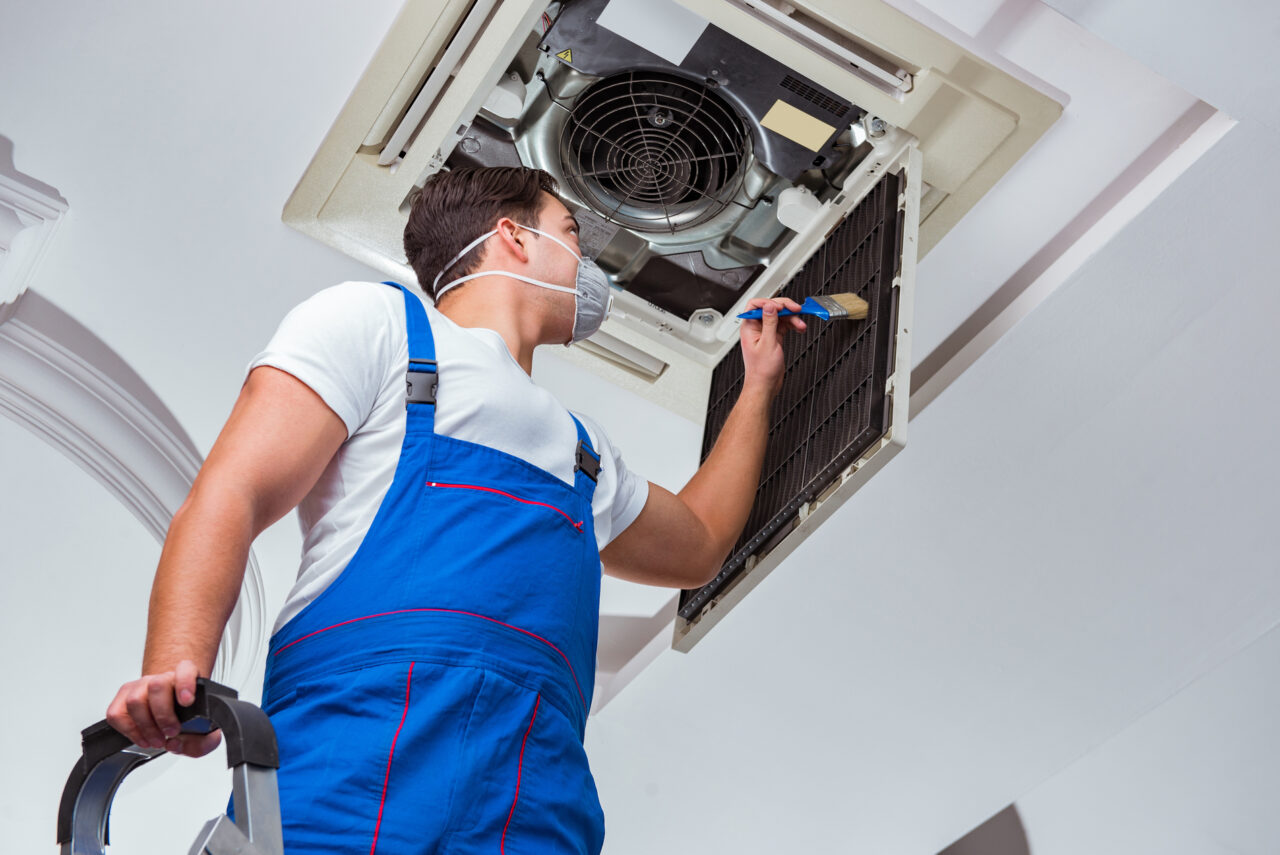Selecting the Proper HVAC System for Your Home

Selecting the right HVAC solution for the house can feel daunting, notably due to the numerous options and technical aspects to take into account. Regardless of whether you are building a new house, renovating, or simply wanting to improve your present system, understanding what HVAC means and how it works is essential. HVAC stands for heat, air circulation, and air conditioning, and it has a crucial role in guaranteeing the comfort of your home year-round. This novice guide will walk you through the main elements of HVAC systems, typical challenges and their answers, and care advice to keep your system running effectively.
As you explore the various types of HVAC systems available, you will discover that each comes with its own set of attributes and benefits. From traditional central air systems to contemporary ductless mini-splits and geothermal heat pumps, the selections can be daunting. Grasping the impact of various systems on energy efficiency and indoor air quality can assist you make an informed decision that addresses your comfort needs but also fits your budget. By the end of this piece, you will be equipped with valuable knowledge to select the ideal HVAC solution for your residence and have a comfortable living environment throughout the year. spintax ### Grasping HVAC Units
HVAC stands for Heat, Air Circulation, and Air Conditioning, the primary main components that maintain creating indoor comfort levels. An HVAC system manages heat, moisture, and air quality throughout domestic and industrial spaces. Knowing each of these components is crucial for choosing the right system for your residential space or company. Heating involves various methods to heat indoor spaces, while air conditioning chills and removes moisture from the air. https://www.berkeys.com/fort-worth-air-conditioning/ maintains a continuous stream of new air to create a healthy setting.
An HVAC system typically is made up of a heating unit or heat pump for heating, an cooling system for temperature reduction, and ductwork or additional means of circulating conditioned air around the space. Modern systems may additionally include smart thermostats, air filters, and humidity control features, that boost both contentment and efficiency of energy use. By enhancing these components, homeowners can attain a satisfying living space while reducing energy consumption.
Additionally, comprehending the interplay of these components can help in solving frequent issues and making informed decisions about upkeep and upgrades. Regular servicing and timely repairs are crucial to extending the lifespan of an HVAC system. As technology advances, upcoming innovations developing within the HVAC industry suggest enhanced efficient energy use and enhanced indoor air standards, which benefit health and well-being in homes and commercial spaces too.
Common HVAC Issues and Resolutions

A of the typical problems householders face with their HVAC systems is inadequate heating or cooling. This issue can arise from several sources, including a clogged air filtor, which restricts airflow and reduces efficiency. An additional potential cause is incorrectly sealed ductwork, which can lead to substantial energy waste. To address this issue, start by checking and replacing air filters on a regular basis, and examine ductwork for any leaks that need sealing.
Another prevalent issue is the unusual noises coming from the HVAC system, such as clattering, thumping, or hissing. These sounds can indicate mechanical problems or unsecured components. The first step is to make sure that mounting brackets and screws are tight. If the sounds persist, it may be necessary to call a certified technician who can diagnose and resolve underlying mechanical issues efficiently.
Finally, a malfunctioning thermostat can lead to significant discomfort and energy inefficiency. If your HVAC unit is running constantly or not reacting to temperature changes, recalibrating or replacing the thermostat could be a feasible solution. Smart thermostats provide additional benefits, such as programming features and remote access, helping homeowners optimize their heating and cooling settings while maybe lowering energy bills.
Energy Efficiency and Care Tips
To confirm your HVAC system operates efficiently, one of the key approaches is regular maintenance. Arranging seasonal tune-ups can help detect potential problems before they worsen, ensuring that your system operates smoothly throughout the seasons. A qualified technician can clean the coils, inspect refrigerant levels, and inspect other vital components, which can result in improved performance and longevity of your system.
Additionally, being aware of your thermostat settings can considerably impact your energy bills. During the winter months, setting your thermostat a couple degrees lower while dressing in warmer clothing can save on heating costs. In the summer, adjusting the temperature a couple degrees can reduce air conditioning expenses while still keeping your home pleasant. Think about investing in a smart thermostat that automatically adjusts based on your schedule or the weather, maximizing energy use.
Finally, improving your home’s insulation and sealing air leaks can be very effective for your HVAC efficiency. Insulating walls, attics, and ductwork minimizes energy loss, while sealing windows and doors stops conditioned air from leaking out. By taking these actions, not only do enhance the comfort of your home, but you also create a more energy-efficient environment, causing lower utility bills and a reduced carbon footprint.
